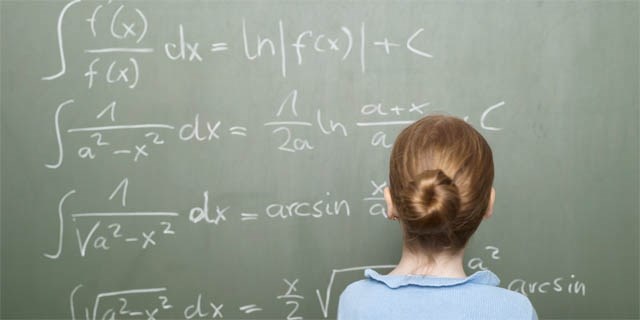Can you hear that? No, it’s not the sound of another older, single-family home being demolished in Richmond. It’s an exclamation of euphoria as the sun sets — or the rain/wind sweeps — over the horizon of a marathon, 10-week summer vacation.
In a bizarre twist, however, the “yippee” isn’t emanating from the gob of this parent writer. It’s actually coming from a child, my 13-year-old son, as it happens, who’s clearly had his fill of dad chirping in his ear about getting out of bed, enjoying the summer, getting active, “when I was your age,” etc. etc.
Most likely, a more significant factor in his, dare I say, disconcerting desire to ditch the summer, is the concerning sight of my head banging off the dining table trying, in vain, to help him practise geometry ahead of his first foray into high school.
He doesn’t get it. I don’t get it (math was simpler in our day, right?). It’s a parent vs. child match made in hell.
So, it was with mixed emotions I read this week about an optional, flexible learning curriculum to be implemented starting this school year for students up to Grade 9.
The provincial teachers’ union (BCTF), has largely lauded the new format, which has been devised, in part, by teachers and steers away from traditional learning. It purports to lend teachers more wiggle room in terms of how/what to teach and places the emphasis on hands-on activities and project-based learning, in a bid to better engage the students and tap into what personally excites and motivates them. I’m all for that, especially the motivational benefits.
The new format will be mandatory next year, with Grades 10 to 12 being included.
However, some parents are concerned that the new curriculum places the basics on the back burner and traditional report cards and letter grades will disappear.
More worrying, for myself, is that this transition won’t be adaquately funded. The BCTF has already warned that teachers will need significant training and resources to make this work. The current B.C. government isn’t known for splashing the cash when it comes to education and I worry the new curriculum, while admirable in its intentions, will be underfunded. And if there are no grades, in the traditional sense, then how will universities decipher between students.
If, however, the whole thing is consigned to the recycling bin before my son figures out what an “angle bisector” is and why it’s important, will he end up behind the eight ball?
It feels very much like the government is gambling with our kids’ futures with resources it doesn’t have, or is unwilling to commit.
If that’s the case, it won’t be long before I’ve more than angle bisectors to worry about.
Alan Campbell is a reporter with the Richmond News



